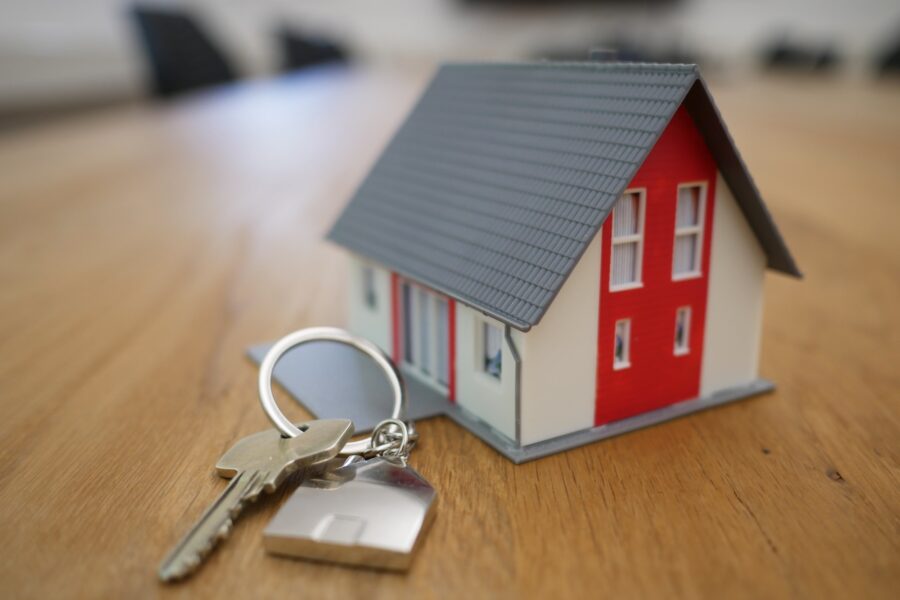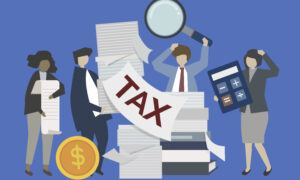
Buying a home is a big life decision. One of the questions that will come up is how much you should save before starting the home buying process. Here’s how to answer that question.
Buying vs. renting a home
The first step is to make sure that you’re buying a home for the right reasons. Don’t fall into the trap of thinking that renting is “throwing money away.” Although you build equity in the property over time when you own your home, most of your mortgage payments in the beginning go to interest.
In order for buying a home to be a financially beneficial decision, you should plan to stay in the home for at least five years. That’s why it’s important to consider the possibility of life changes. How secure are your current job and salary? How long are you planning to stay in your area?
One way to look at a rental payment is that you are buying flexibility. If you need to move across the country for family reasons or for an amazing career opportunity, you won’t be tethered to a property. This New York Times calculator can help you weigh the tradeoffs of buying vs renting.
What can you afford?
The next step is to calculate how much home you can afford to buy using a home buying calculator. Don’t forget to factor in costs such as homeowner’s insurance, HOA fees, and maintenance. I usually recommend that my clients refrain from buying the most expensive house they can afford (you probably won’t hear that from lenders and realtors!). It’s important to leave room for increasing expenses in other areas, especially expenses related to family and children.
Saving for your down payment
Many mortgages require a 20% down payment. This means that you are effectively borrowing 80% of the home’s value and paying for the rest outright.
Now that you know your price range, ask yourself how long it would take you to save for a 20% down payment. If it would take longer than you’d like, consider purchasing a less expensive home. Keep in mind, especially if this is your first home purchase, this may not be your forever home. In fact, if the value of your home holds steady or increases, you can use the sale proceeds to help you buy a more expensive home. Another route to consider would be first-time home buyer programs and other promotional loans (vary by lender). These loans require down payments as low as 3.5% or no down payment at all. Keep in mind that these loans come with a higher interest rate, a larger mortgage payment (because the interest rate is higher and you are borrowing more of the home’s value), and the cost of private mortgage insurance (PMI). A low down payment also leaves you more vulnerable to the real estate market. If the value of the home were to fall, then you would immediately be “underwater.”
Other fees and expenses
Once you know how much you need for the down payment, make sure you set aside enough money for home inspection fees and due diligence (anywhere between $500 and $2,000) and closing costs (2% to 5% of the purchase price). It’s also important to have at least six months of expenses saved in your emergency fund. An emergency fund is even more important when you’re a homeowner, because if your appliances need to be fixed or replaced, there’s no calling the landlord. You own the property, so you have to pay the expense yourself.
Happy home buying!


